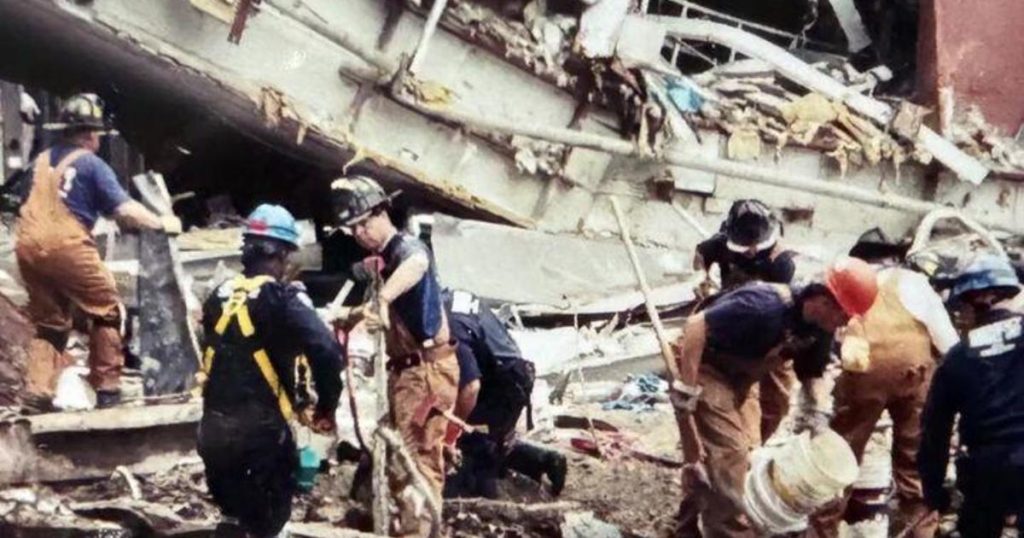Advocates are calling for an additional $3 billion in funding for the World Trade Center Health Program as the number of people who have died due to 9/11-related illnesses has surpassed the number of individuals killed in the attacks. The program, created by Congress in 2010 and reauthorized in 2015, was initially intended to be funded through 2090. However, advocates like John Feal warn that the current funding is running out, and essential health services may have to be cut if more money is not allocated. Despite receiving $1.6 billion in funding, advocates assert that an additional $3 billion is required to adequately support those in need.
One of the key advocates for additional funding is Bridget Gormley, whose father, an FDNY firefighter, died of 9/11-related cancer. Gormley emphasizes the ongoing struggle in Congress to secure funding for critical programs like the World Trade Center Health Program. Additionally, John Feal, a vocal advocate who has lobbied Washington extensively, stresses the importance of addressing the growing number of individuals in the program. Medical inflation and an increase in the number of participants have strained the program’s existing budget, making additional funding essential to ensure ongoing support for those affected.
The urgency for additional funding is underscored by the rising number of people succumbing to 9/11-related illnesses. Mike Negron, a retired New York City Department of Correction Emergency Services Unit worker, reflects on the increasing number of colleagues lost to such illnesses and the emotional toll it takes on him. Negron and his team were among the first responders who worked tirelessly at ground zero following the attacks, unaware of the toxic dust they were being exposed to. The toll of 9/11-related illnesses goes beyond physical ailments, with many individuals also grappling with crippling PTSD as a result of their experiences.
The toll of 9/11-related illnesses goes beyond physical ailments, with many individuals also grappling with crippling PTSD as a result of their experiences. While the focus has largely been on cancer diagnoses, the program also addresses mental health issues such as PTSD, showcasing the holistic approach needed to support those affected by the attacks. Retired ESU worker Phil Rizzo, who is battling head and neck cancer, emphasizes the inadequacy of protective gear and equipment provided to responders at the time of the attacks. Despite the challenges they faced, Rizzo and others believe in fighting for additional funding to ensure that all first responders receive the support they deserve.
The prevalence of 9/11-related illnesses continues to rise, with more than 6,400 people having died from such conditions. The names of those lost are memorialized at Responder Memorial Park, serving as a poignant reminder of the sacrifices made by first responders. Advocates like John Feal stress the importance of recognizing and supporting the individuals who risked their lives to save others on 9/11. As the deadline for Congressional approval of additional funding approaches, the urgency of addressing the needs of those affected by 9/11-related illnesses becomes increasingly evident. It is crucial for lawmakers to act swiftly and decisively in providing the necessary resources to support these brave individuals.


